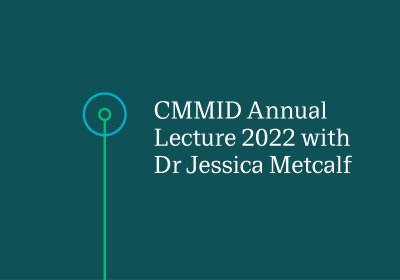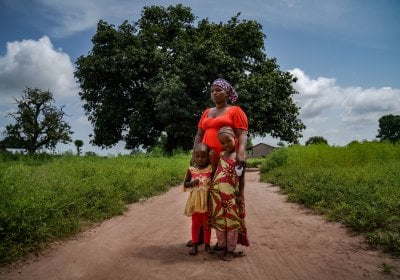Model worlds and model implementations: an approach to teaching infectious disease modelling
This seminar has been postponed due to unforeseen circumstances. We apologise for any inconvenience this may cause.
Getting started with epidemiological modelling can be a daunting experience for novices, in part because they are often asked to grasp many new concepts at once. In this seminar, Juliet will describe an approach developed through the International Clinics on Infectious Disease Dynamics (ICI3D) Program that organizes the modelling process into distinct parts, allowing students to digest the conceptual elements gradually.
Specifically, students are taught to distinguish between the decisions required to create a ‘model world’ - i.e., which elements to represent in the model - and the decisions required to implement a model - i.e., how to represent the model world in equations or code. Students proceed through a series of exercises forcing them to identify the most important aspects of their system, develop a model world diagram, communicate about their model world, and develop a plan for model evaluation. We then move on to discussion of the decisions to be made regarding model implementation, presenting students with a taxonomy of model structures that they can use to specify an appropriate formal model.
Our approach draws on the diversity of Clinic participants - from applied mathematicians to population biologists and public health professionals - to allow students to view the model development process for a rich set of research questions, while spending most of their effort on developing a project of their own.
About the speaker
Prof Juliet Pulliam is the Director of the South African Centre for Epidemiological Modelling and Analysis (SACEMA), which is a national centre of excellence hosted by Stellenbosch University. Prior to moving to SACEMA in July 2016, she spent five years as a faculty member in the Department of Biology and the Emerging Pathogens Institute (EPI) at the University of Florida, where she was also the inaugural director of the International Clinics on Infectious Disease Dynamics and Data (ICI3D) Program.
Juliet received a PhD in Ecology and Evolutionary Biology from Princeton University in 2007 and spent three years as a Research and Policy for Infectious Disease Dynamics (RAPIDD) Program Fellow at the US National Institute of Health’s Fogarty International Center. Her research focuses on applications of mathematical modelling to applied questions in infectious disease epidemiology, particularly in resource-limited settings. Most of her work to date has focused on zoonotic and vector-borne infections, including Nipah, Japanese encephalitis, Dengue, and Ebola viruses.
If you are unable to attend this lecture, follow the link below to watch it live or afterwards:
Admission




